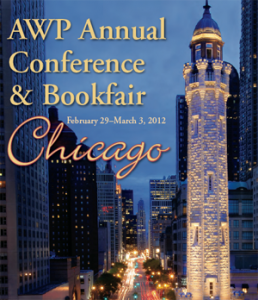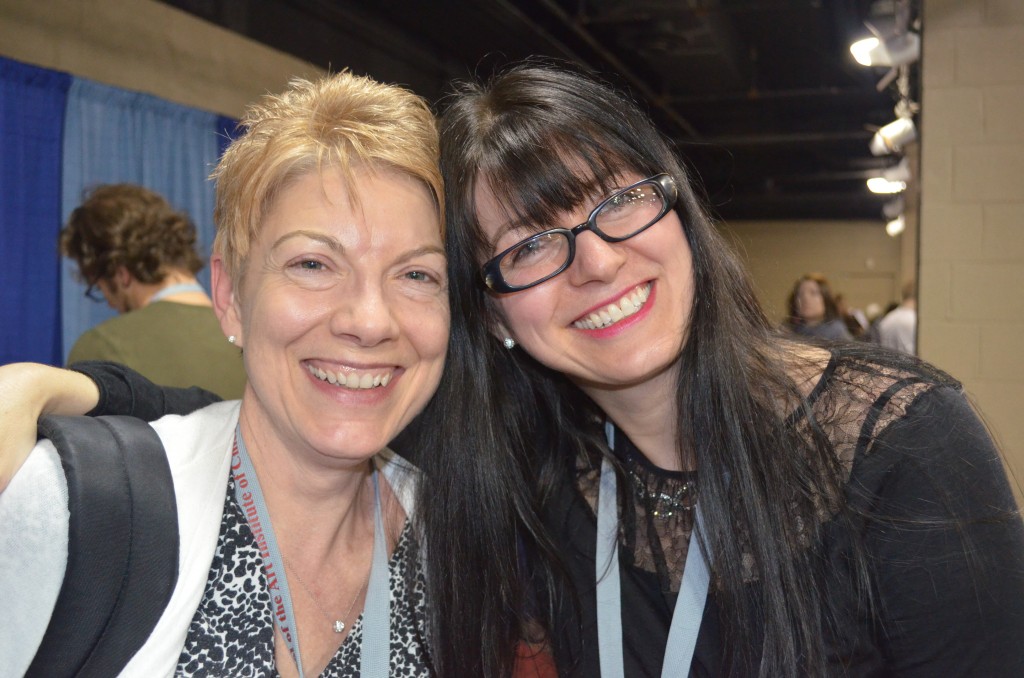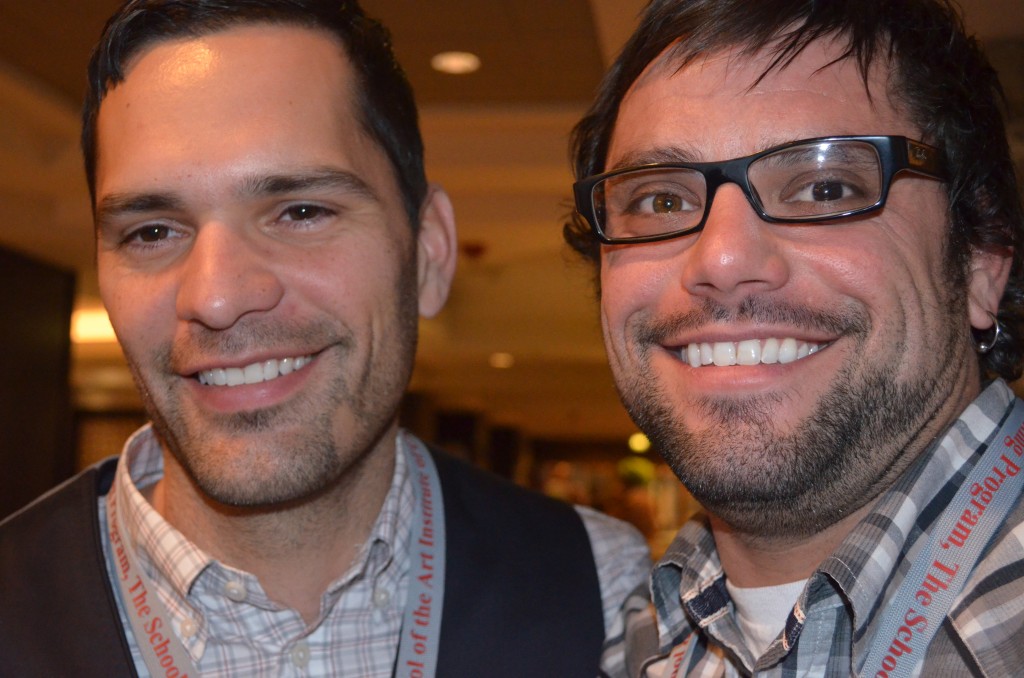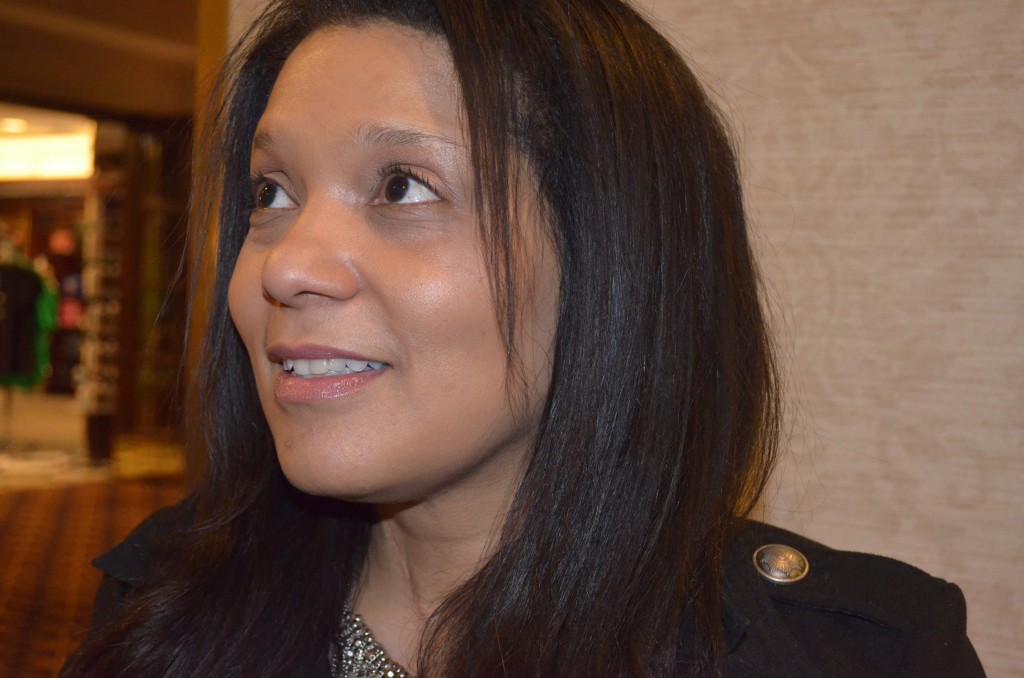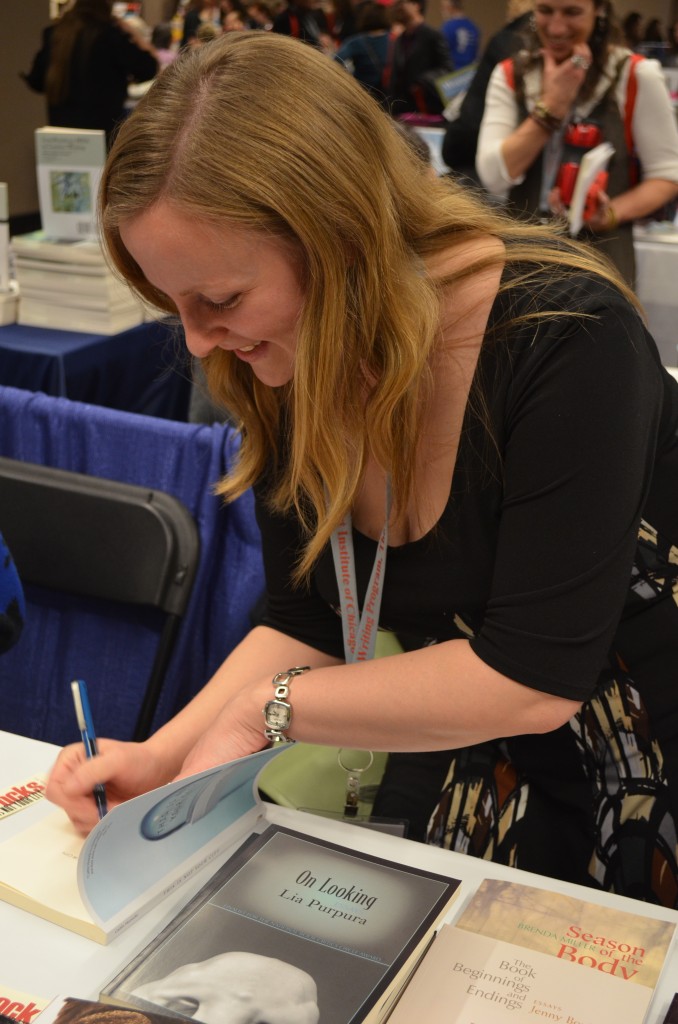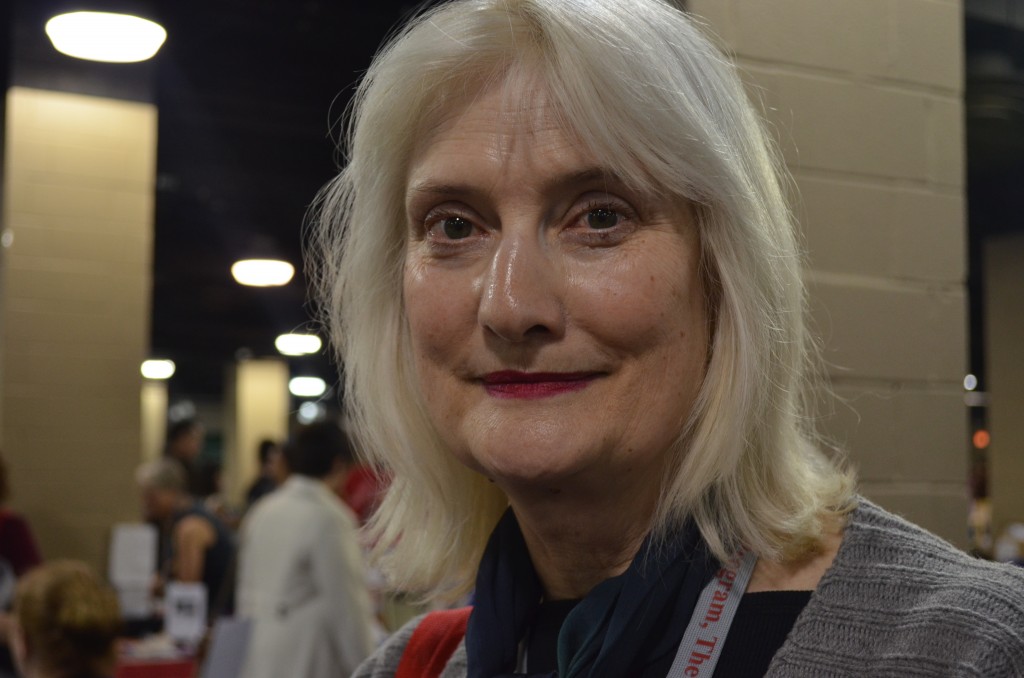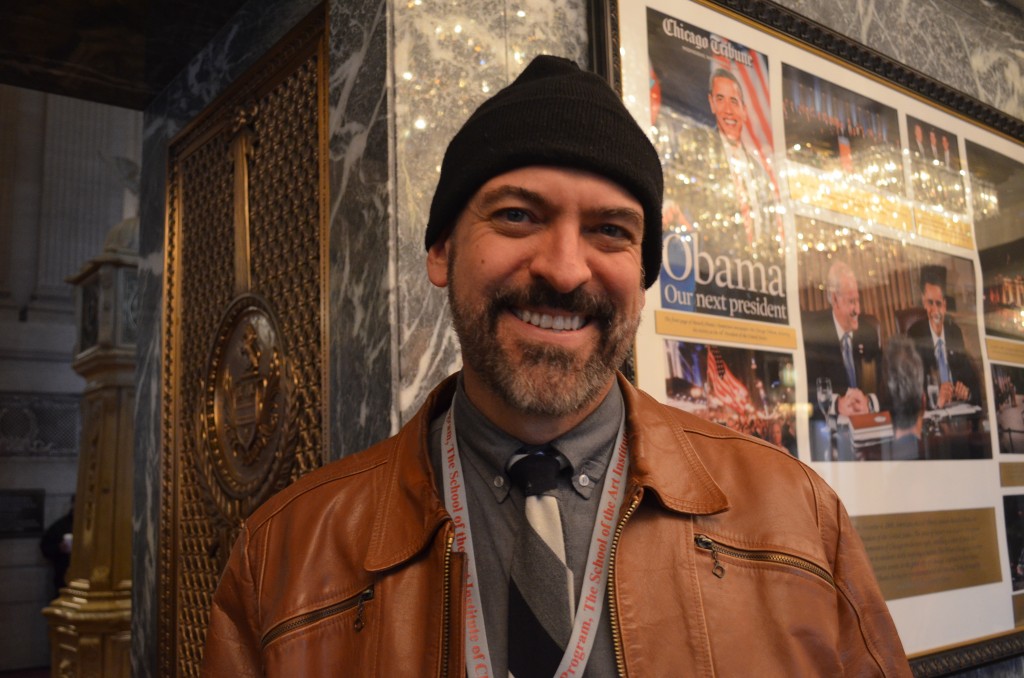 I went through a phase where I was writing from my dreams. I’d wake up and try to get story ideas from the things I’d written on a little notepad during the night. It went like: susurrous–Cambodia–Remember this!–not harm but the other–bullshit–cantaloupe–too true? Sometimes, it looked more like an unfortunate cardiograph, like I was doing a contour drawing with my eyes shut. I’d turn the page upside-down. I’d wonder what certain squiggles meant.
I went through a phase where I was writing from my dreams. I’d wake up and try to get story ideas from the things I’d written on a little notepad during the night. It went like: susurrous–Cambodia–Remember this!–not harm but the other–bullshit–cantaloupe–too true? Sometimes, it looked more like an unfortunate cardiograph, like I was doing a contour drawing with my eyes shut. I’d turn the page upside-down. I’d wonder what certain squiggles meant.
I switched to a voice recorder. This was better but it scared me. The sound of my voice floating up through deep theta was unnerving, made me think of a seance. I’d be sitting at my desk, cup of coffee, yellow steno pad, obsessive-compulsive story writing pen (Uniball Vision Micro 0.5mm–there shall be no other) poised to take down anything promising, and I’d hear myself half in a dream, speaking from a world of ghosts–a man with a green hat who kept telling me about my mother; my old German Shepherd, Shadow, leading me through the rooms of the house I grew up in; ex-girlfriends; former students.
I’d get sentences, whole paragraphs. Some of it was nonsensical. Other things were deeply painful memories I normally tried not to think about. It surprised me that I was dwelling on those things fairly regularly while asleep–and that some part of me had remembered to wake up and drone into the voice recorder. The sleeping Michael was a different person, a stranger who took emotional risks, who went to difficult places while the protective drawbridge of consciousness was temporarily down. I filled notebook after notebook and learned some interesting things about myself. But none of it seemed to apply to my fiction in any meaningful way.
Around this time, I was in the last year of my PhD. I’d published my first book of stories (Gravity, Carnegie Mellon, 2009) the year before and thought it would be a good idea to go to the AWP conference being held in Denver. I brought the voice recorder, but I didn’t continue my subconscious spelunking while there. Instead, I did what everyone does at the AWP conference. I walked around and bought books, listened to panel discussions, talked to people I already knew, stared wistfully out my hotel room window, and burned through my grocery budget for the next three months. In retrospect, however, the trip was justified because I learned something important about writing: I was going to have to write more and do it more quickly.
In the middle of the Colorado Convention Center’s exhibit level where, in a trade show, there would be a local model posing on a combine harvester, there was instead a table full of literary agents. They were from a local agency and had made themselves available for questions. At that time, I had never spoken with an agent. So I took advantage of the opportunity and struck up a conversation about how one markets a novel to the “Big 6” (Random House, Simon & Schuster, Macmillan–you get the idea). I wanted to know if there was a special kind of etiquette agents followed with the biggest publishing houses.
When I asked the question, the young agent in a navy suit that should have been beyond his earning capacity, pushed his glasses up on his nose and looked at me carefully as if he might have to pick me out of a lineup someday. “No,” he said. “There’s no special procedure.” Then he reminded himself to smile. “But if you want to succeed with the trade houses long term, you need to be really productive. Can you write around 300 pages a year?” I said no, I didn’t think so, thanked him, and got out of there as quickly as possible. A book a year? It had taken me six years to produce the stories in my 200-page collection. I had 75 pages of a novel that had taken me most of the previous year.
Later, catching up on some window staring in my hotel room, I tried to envision that level of productivity. One page a day? Writing from canned outlines? Some kind of method book, How to Write a Blockbuster Novel in 2 Weeks and Avoid the ER? I didn’t know. I picked up my voice recorder and started complaining about it to myself. I bitched for around 90 minutes. Then, as I started to get tired, I thought I might turn my rant into a piece of creative nonfiction–something about running up against the cruel commodifying values of the publishing industry in Denver. When I typed up what I’d recorded, I had 35 pages and a brand new idea about how to write more without sacrificing quality.
Since then, I’ve experimented with narrating stories and novel chapters into a voice recorder the way I’d once narrated my dreams. I don’t think I’ll ever be able to write 300 pages of polished fiction a year. But I’ve learned to be more productive this way, to carry some of that dream energy into my conscious drafting. And I’ve learned to hear my own voice the way I hear someone at a literary reading–listening for the caesuras, the paragraphs, the meanings that emerge from syntax.
I tell my students at the Gotham Writers’ Workshop to at least read what they’ve written out loud to themselves. I tell them that their ears will teach them new things about narrative. I say stories were originally meant to be heard and there are lessons about storytelling we can only learn that way. Some of them believe me.
Those of us who have become fascinated with producing spoken drafts have also learned that, while text-based revision is still necessary to produce a finished product, beginning with the spoken word can connect us to a primal source of creative expression. Now I begin every draft by speaking at least part of it into a voice recorder, deliberately tapping into that ghost world of my other self, shaping narrative with the energy of dreams and visions that return to me in my own voice. I listen and write down what I hear, paying close attention to the speaker.

